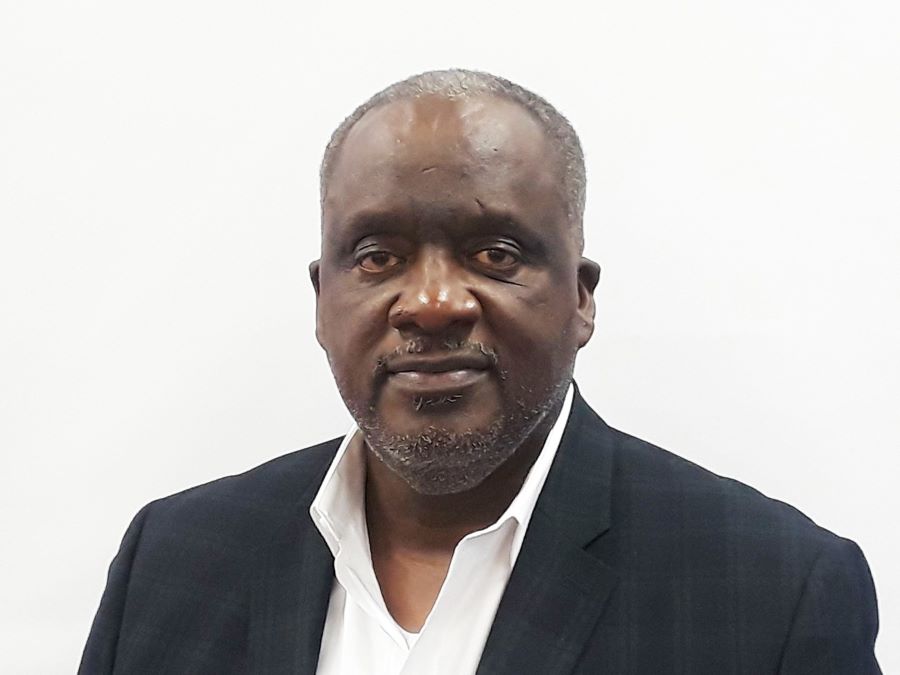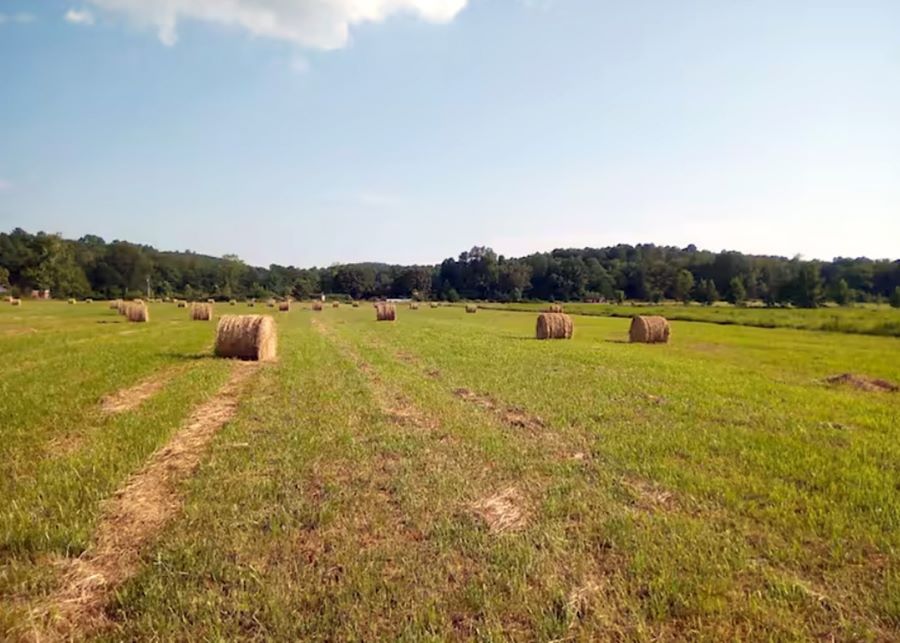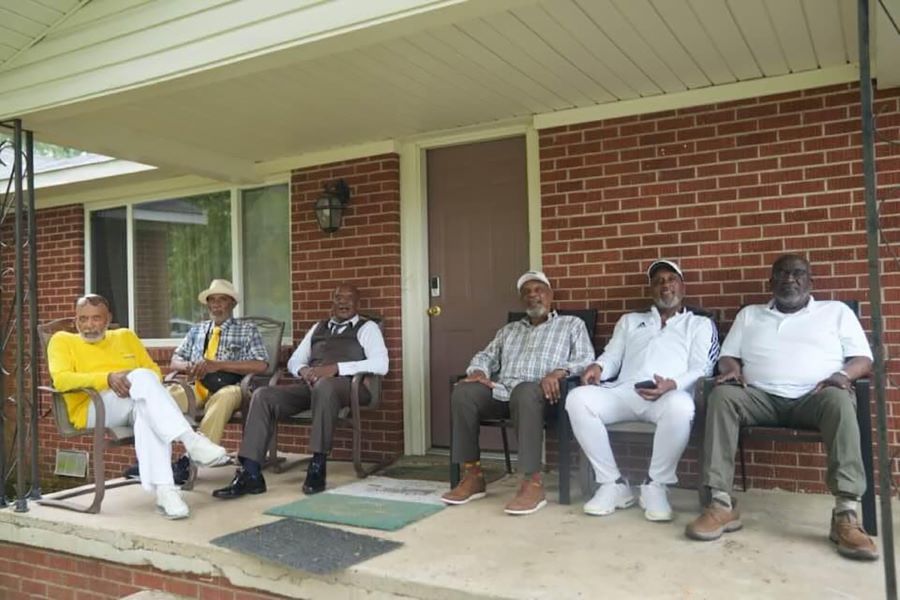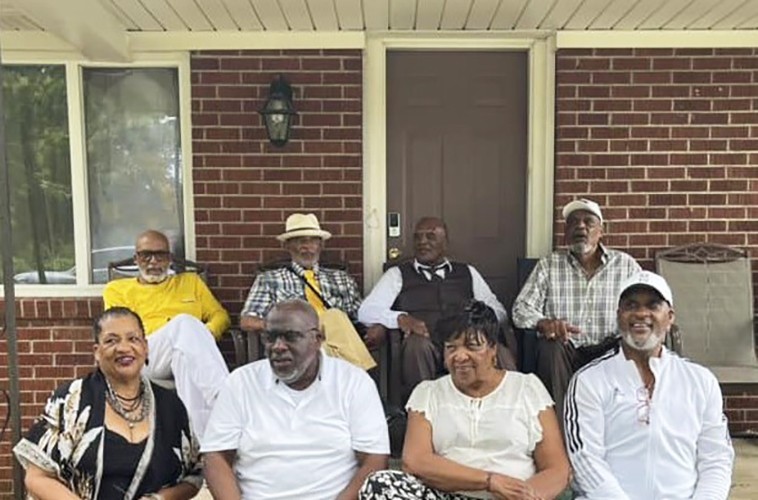
At age 74, Woodson Walker, a retired attorney and a 1971 alumnus of the University of Arkansas at Pine Bluff (UAPB), says he has found his life’s calling. Inspired by his participation in UAPB’s “Keeping it in the Family” Sustainable Forestry and Land Retention Program, Walker wants to help reverse the trend of African American land loss. His goal is to use his life experience and legal expertise to help Black Arkansans retain and revitalize their family land.
Walker is from the historically Black community of Holly Springs in Springfield Township, Conway County, Arkansas. He and his nine siblings grew up on land purchased by their great grandfather, Willie Walker.
“My great grandfather was born an enslaved person,” Walker said. “After slavery was abolished, he managed to accumulate several hundred acres of land. He eventually donated two pieces of the land for the construction of a church and a school. I attended that school – Holly Springs Elementary – until it was eventually closed. At the time of its closing, my mother, Janie Morris Walker, was the one and only teacher.”
After graduating from East Side High School in Menifee, Arkansas, Walker followed in the footsteps of his brothers, all of whom attended UAPB. In 1971, he graduated from UAPB with a degree in history and political science and then relocated to the University of Minnesota to earn a degree in law. For over 30 years he ran his own law firm in Little Rock.
In his retirement, Walker got involved in real estate. He and his siblings started leasing their family land to beef farmers. At a certain point, he realized his land was being grossly underutilized.
“I had an epiphany – I realized I needed to get back to our land,” he said. “Thinking back, I left our family farm at 17, only to come back at age 70.”
Walker said his learning about UAPB’s sustainable forestry program could not have come at a better time.
“I believe the timing was divine,” he said. “Here I was looking for options to revitalize our land, which had been left dormant. And just by chance, by word of mouth, I heard about UAPB’s ‘Keeping it in the Family’ Program, which helps small landowners preserve their family land for future generations.”
Walker said he was immediately impressed by the professionalism of “Keeping it the Family” personnel and their willingness to provide outreach and education to small farmers and landowners.
“Our first contact was amazing – they invited me to a three-day forestry conference in Prairie View, Texas. There, my eyes were opened to just how relevant this topic is. There is a real push to ensure African Americans are retaining their land and enhancing its sustainability. I was quite overwhelmed by the amount of recourses and assistance available through organizations such as the Sustainable Forestry and Land Retention Network.”
The UAPB team regularly consulted with Walker, discussing his options for revitalizing his family land. After a site visit, they helped him identify new uses for the land.
“Our discussion during the site visit led me to expanding my beef cattle operation,” he said. “I am now aware of U.S. Department of Agriculture programs I can take advantage of for implementing
conservation practices in alignment with my family’s goals for the farm. I have also been put in touch with a local farm manager who helps me with different land management decisions. And most of all, I know that the ‘Keeping it in the Family’ team stands ready to help me whenever I call.”
Thanks to his involvement with the UAPB program, Walker said he has learned a lot about heirs’ property – this type of land leaves families without the clear titles that allow for active management of the land, thereby limiting any economic returns. Challenges associated with heirs’ property status are the leading cause of involuntary land loss among African American farmers. Education on the topic motivated Walker to action.
“I decided to create a nonprofit organization for raising funds for attorney fees for those dealing with heirs’ property issues,” he said. “My mission is to ensure Black landowners have the legal means to actively manage and profit from their land.”
As he thinks about the future of his family farm, Walker is often reminded of its rich history going back to his great grandfather.
“I am the beneficiary of an extraordinary history,” he said. “I am grateful that all my siblings and I agree that preserving this history is important. We are committed to using resources such as those provided by UAPB to revitalizing our land and making sure it is self-sustaining.”












